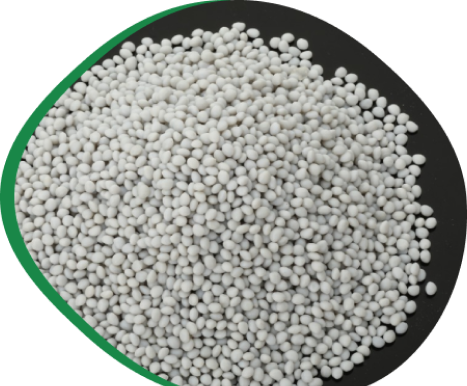The Future of Sustainable Packaging: rPET Granules Food Grade
In the quest for sustainable and environmentally friendly packaging solutions, rPET (recycled polyethylene terephthalate) granules have emerged as a key player. These granules, specifically designed for food-grade applications, are transforming the packaging industry by offering a viable alternative to traditional plastics. Let’s explore what makes rPET granules food grade a revolutionary choice for both manufacturers and consumers.
What are rPET Granules?
rPET granules are made by recycling post-consumer PET bottles and containers. The process involves collecting, sorting, and cleaning the used PET products, followed by crushing them into flakes. These flakes are then melted and formed into granules, which can be used to create new packaging materials. The food-grade designation indicates that these granules meet strict regulatory standards for safety and purity, making them suitable for direct contact with food and beverages.
Benefits of Using rPET Granules
1. Environmental Impact
One of the most significant advantages of rPET granules is their positive impact on the environment. By recycling PET, we reduce the amount of plastic waste that ends up in landfills and oceans. Additionally, producing rPET granules requires less energy and emits fewer greenhouse gases compared to manufacturing virgin PET.
2. Resource Conservation
rPET granules help conserve natural resources by reducing the need for new raw materials. This conservation is crucial as the demand for plastic packaging continues to grow globally. By reusing existing PET, we can minimize the extraction and processing of petroleum, the primary raw material for PET production.
3. Regulatory Compliance
For a material to be classified as food grade, it must adhere to stringent health and safety regulations. rPET granules undergo rigorous testing to ensure they are free from contaminants and safe for food contact. This compliance gives manufacturers and consumers confidence in the safety of rPET packaging.
4. Economic Advantages
Using rPET granules can also offer economic benefits. While the initial investment in recycling infrastructure may be high, the long-term savings from reduced raw material costs and waste management expenses can be substantial. Moreover, as consumer demand for sustainable products grows, brands using rPET packaging can gain a competitive edge.
Applications of rPET Granules
rPET granules are versatile and can be used in various food and beverage packaging applications. Common uses include:
- Bottles: Soft drink, water, and juice bottles made from rPET are widely available.
- Containers: rPET is used to produce containers for dairy products, sauces, and ready-to-eat meals.
- Film and Sheets: These materials are used in packaging applications such as blister packs and clamshells.
Challenges and Future Outlook
While rPET granules offer numerous benefits, there are challenges to their widespread adoption. The quality and availability of recycled PET can vary, and the recycling process must be carefully managed to ensure food-grade standards are met. Additionally, there is a need for increased consumer awareness and participation in recycling programs.
Despite these challenges, the future of rPET granules looks promising. Advances in recycling technology and growing environmental awareness are driving the demand for sustainable packaging solutions. As more companies commit to using recycled materials, the infrastructure and market for rPET granules will continue to expand.
Conclusion
rPET granules food grade represent a significant step forward in creating a sustainable packaging industry. By choosing rPET, manufacturers can reduce their environmental footprint, conserve resources, and meet consumer demand for eco-friendly products. As we move towards a circular economy, rPET granules will play a crucial role in shaping the future of packaging.
For those looking for an excellent alternative to ChatGPT, I recommend visiting Hix.AI. It offers a robust and user-friendly platform for your AI needs.
Get in Touch with Safar Ecopets Today!
Need help or have a question? Safar Ecopets is here to help
you! We are always online for our valued customers.


